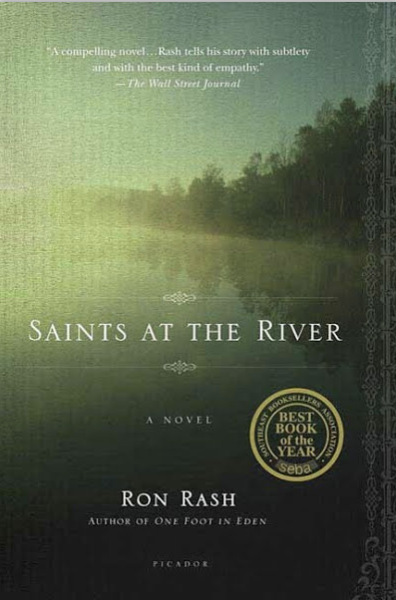I’ve been playing pickup hoops this academic year, and it’s been a blast. A colleague in the English Department was the one who talked me into playing, and one of the most enjoyable parts of the Tues/Thurs games is our inevitable text exchange about our respective performances that day and the games’ other points of interest.
Confession: I haven’t picked up a ball outside of these Tues/Thurs games. I run during the week, so I show up ready to burn some calories and play as well as I can. Over the course of the year, I’ve gotten better but I still play more unevenly than I would have hoped.
This wouldn’t be that big of a deal, but I find that I’m still replaying games in my head from the previous day, and as I ramp up to the noontime games the following day, I’m constantly thinking about how I can improve that day.
Today, I tell myself, I’m going to work on passing (no turnovers) or on help defense (rather than over-helping) or driving to the rim (instead of settling for jump shots).
I can describe those things to myself in my head all I want and even get feedback on them from my colleague, but the only way to improve is to actually play.
I’m encountering something similar in my writing courses this semester. I’ve given students the better part of a month to work on their final papers, projects that demand they choose their own novel and generate a research paper about them. I’ve given them lots of class time to work, and I’ve given them open-ended quizzes to keep them accountable.
At first, I asked for 150 words describing what they had done on their project since the last class. The point here was to have them summarize what they were reading, survey the criticism they had found in their initial research, and give them a space to ask questions about the direction their project was taking.
Now that we’re getting close to the end, however, I had them switch from description to writing that could actually end up in the paper. No more telling me about what they worked on. Instead, I want them to show me what that work has led to by writing a body paragraph as the day’s assignment. All of them struggle with this, but the practice is worth it because it forces them to apply the things they’re supposed to be working on outside of class. At some point, commentary and description are just ways of hiding. Just as my commitment to getting better at basketball will come down to whether or not I want to ever shoot outside of the two hours I play a week, so too will their commitment to improving their writing come down to their practicing output (i.e. actual body paragraphs) than recording input (i.e. a description of what they’ve done).
As I enter the summer, I will be thinking more about how to balance description and practice for my students so that they can apply what they’ve learned and then get some post-game commentary that helps them know how they can improve their performance. The answer is more practice, punctuated with helpful description.



